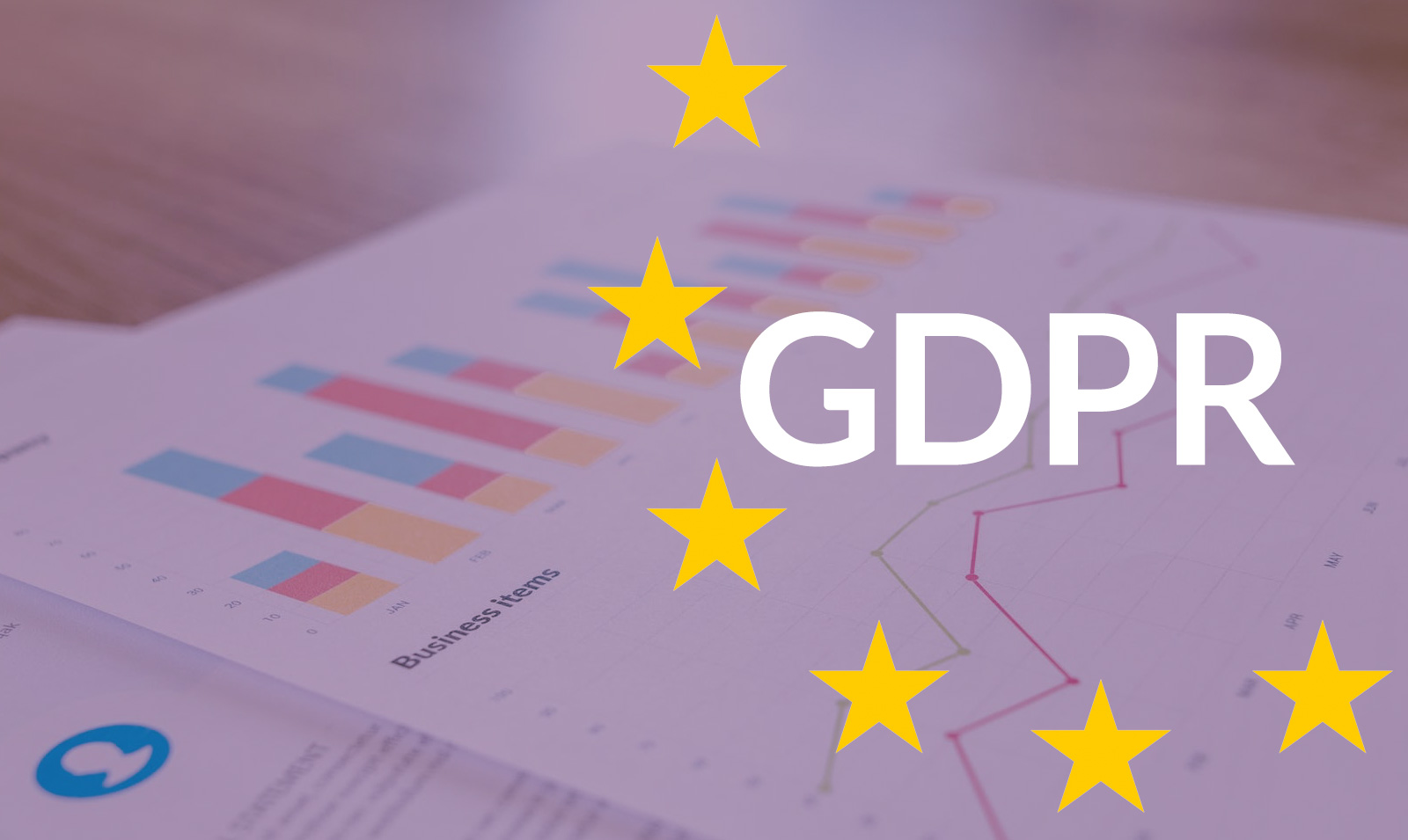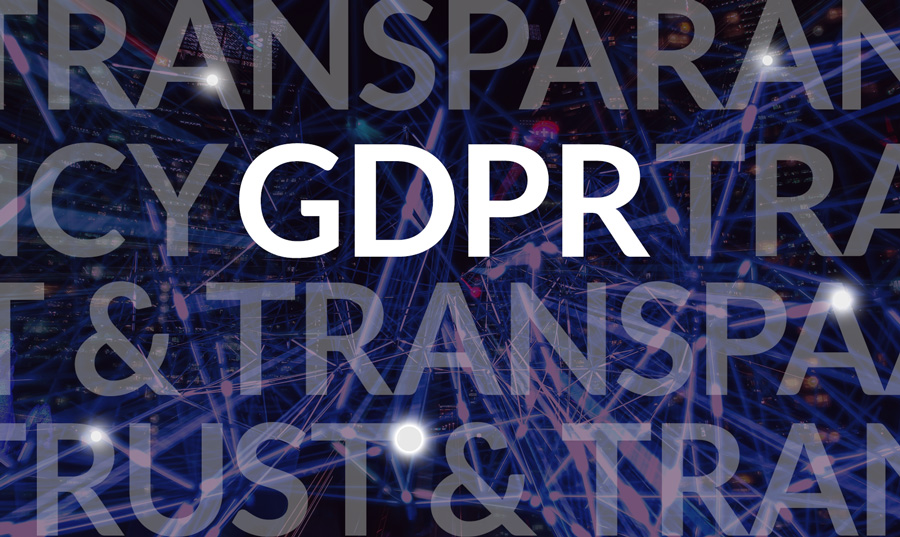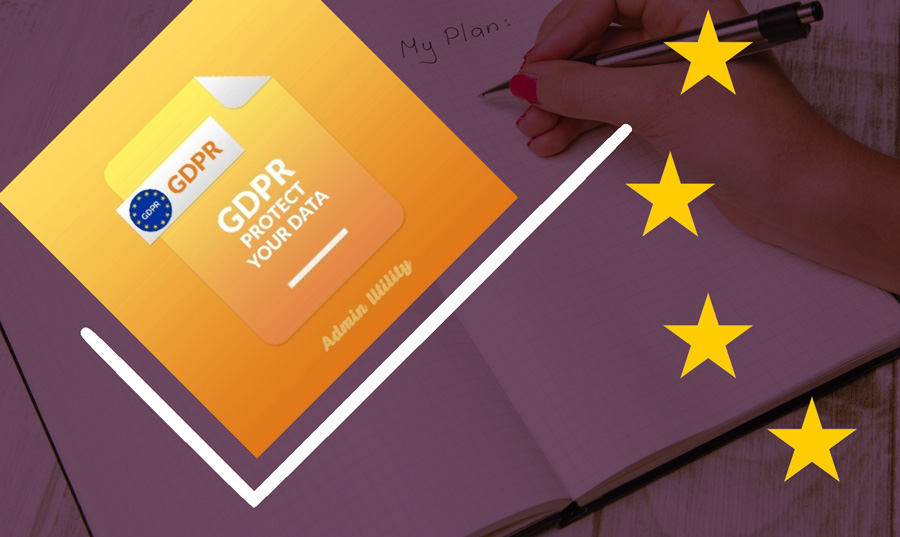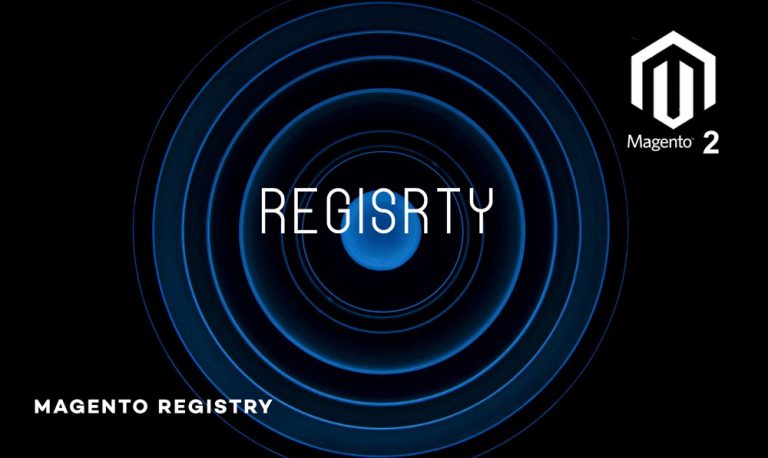
Much of the media coverage of EU’s GDPR law focused on the punitive side of the general data protection regulation, which since its passing into law changed the rights of EU residents from perceived control to real control of their information privacy and upped the standard for carrying out business with EU residents. The General Regulation on the Protection of Personal Data defends the rights of European citizens and applies naturally to any company carrying out data processing in one or more of the member states of the European Union. The GDPR also requires companies to respect the rights of a non-European person whose data is being collected and processed within the European Union.
Businesses of all shapes and size dealing with the personal data of EU based customers have to adopt general data protection regulation or risk fines and possible lawsuits. Already, there is Google’s astronomical €4.34 billion fine for violating EU anti-trust laws. So there is no questioning of EU’s willingness to enforce the law. As a business owner serving a target audience in European Union Member states, it would be fine to draw motivation to make your business GDPR compliant from the punishment for failing to be GDPR complaint but such negative motivation can or will veil the benefits of the general data protection policy to your business. This article focuses on the benefits of GDPR to businesses, especially e-commerce businesses and the tools to implement compliance for Magento 2 E-commerce platform users.
The benefits of General Data protection regulation to businesses
- Targeted marketing
The GDPR law compels businesses to seek the consent of their target audience before using their data or tracking their activity across the web (cookie notice). In this case, a consumer can decline tracking or request to be forgotten after a transaction with your business. This policy gives your business the opportunity to concentrate marketing resources on customers who choose to be remembered or tracked by your website cookies. If you are familiar with creating Ads on the top 2 social media and search engine platforms, you already know that audience targeting is crucial to the success of any Advertisement campaign. Targeting an audience that is not interested in your product/service or individuals who have indicated their apathy towards your service will produce minimal or zero results.
Implementing the cookie notice on an e-commerce website and also integration the opt-out option in your email marketing campaigns will help you streamline your resources towards customers and a warm audience (an audience interested in your service).

- Improved cybersecurity
One of the demands GDPR places on organizations is the need for a clear and concise process for handling the information they have on people. The legislation requires organizations to have a defined security strategy and implement robust administrative and technical measures for protecting the data of EU citizens. To ensure that this job is done correctly, businesses are required to employ a Data Protection Officer, a personnel who would oversee an organizations data protection efforts. This position is different from the Chief Security Officer.
Also, the legislation demands that organizations scrutinize their data flow through the different departments and exchange with other organizations. The European regulation considers that all actors involved in one or more data processing share the responsibility for data protection:
The controller: The company that uses the personal data is required to initiate processes and prepare documents specifying its code of conduct, internal data protection policy, and certifications;
The data protection officer: a seasoned professional who oversees the security measures of a company. He can guide the company on the best practices to adopt so that the company complies with the regulations.
Subcontractors: from the moment a service provider, a supplier, integrates into the data processing process at the request of the company responsible for processing, the subcontractor becomes responsible. It is therefore required to meet specific specifications to ensure the security, confidentiality, and erasure of data, that is to say, be consistent with the GDPR.
For an organization to be GDPR compliant, it must have complete or near complete control over its IT infrastructure build healthier data protection workflows and streamline security monitoring.
Implementing these steps and following the activities will help any organization less susceptible to cyber breach, data loss or theft. As a result, the company’s cybersecurity is improved.

- Engender trust from audience and customers
Even though the GDPR legislation put a few CEO’s, CIO’s on a tight leash, it reflects the desire of EU consumers. It’s no news that big corporations have used the data of their customers for marketing even when it invades their privacy or when these customers do not want such information held by a third party. So GDPR is a win for the people, and these people make up the consumer population that expects businesses to implement the GDPR law to improve the safety of their information. Apparently, organizations that can show their audience and customers that their operation is fully compliant with the GDPR law will be seen as customer friendly or privacy friendly. Therefore, GPDR compliance can be an opportunity to improve your trust score with your customers and target audience.
See it as an opportunity to engage with your customers and target audience. Russell Marsh, MD at Accenture Digital UK notes that “Consumers have been deluged by privacy policy update emails in the past few weeks. The brands that will be successful in obtaining this consent are those that view the GDPR process as an opportunity to engage with people.”
An easy way to ensure that your customers and target audience see the work that you have done is to send a newsletter or advertise your efforts through your media channels just like Facebook’s much-publicized reforms to data privacy after the Cambridge Analytica scandal.
If you are not convinced to make your business GDPR complaint for the benefits listed above, then consider the costs of non-compliance. Businesses that are non-complaint or fail to perform their duties as required by the GDPR law are liable to a fine of #20 million or 4% of annual turnover. Paying such hefty fines will undoubtedly make a dent to your company’s finance, and it doesn’t stop at paying fines, you have to deal with the bad press associated with being fined. Such bad press will make your customers and target audience perceive your business as anti-data privacy or incompetent in keeping their files safe. The recent fine received by Google from the EU should serve as a good reminder.
Also, there is the susceptibility to a data breach. Let’s face it, GDPR compliance significantly improves a company’s security structure. In this regard, there is much to learn from the data breach of UK Broadband network provider, TalkTalk. The company spent approximately £86 million after the personal data of 157,000 subscribers was compromised in 2016.
So not being GDPR compliant increases your risk of advanced cyber attacks or data hack.
Tools to implement GDPR compliance.
Thanks to technology, business owners can implement site-wide GDPR compliance without pulling their hair. Different IT firms have provided simple software solutions that can make your website GDPR complaint. If you built your e-commerce business on Magento 2, you would find MAGENTO 2 GDPR COMPLIANCE extension compatible with Magento 2 community and enterprise 2.0.x – 2.2.x including cloud edition. and similar Magento 1 extension available MAGENTO 1 GDPR COMPLIANCE extension compatible with Magento 1 community and enterprise

The extension will add all the essential tools and features that provide successful GDPR implementation. It supports cookie compliance and comes with a complete set of customer data export and customer data deletion along with anonymization of the transaction data feature.
Here are the main features of this module-:
- COOKIE COMPLIANCE / RIGHT TO BE INFORMED
- PRIVACY POLICY CONSENT / RIGHT TO BE INFORMED
- RIGHT TO BE FORGOTTEN
- RIGHT OF ACCESS / RIGHT OF DATA PORTABILITY.
If you have any questions about the Magento 1 or 2 GDPR compliance extension, send us an email or leave a comment via the comment box below.
That said, the GDPR is your opportunity to excel, at least for those who see it as an opportunity to interact with their audience, build trust, and improve security. You have worked hard to build your business, don’t rest on your oars now. Make your business GDPR complaint and improve your security while benefiting from other advantages of GDPR compliance.






